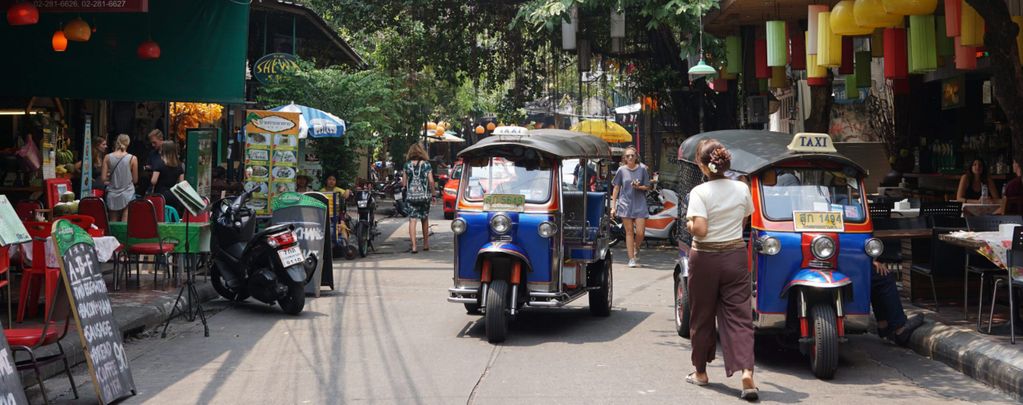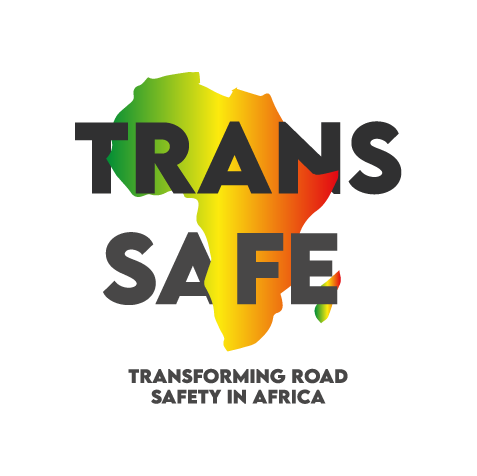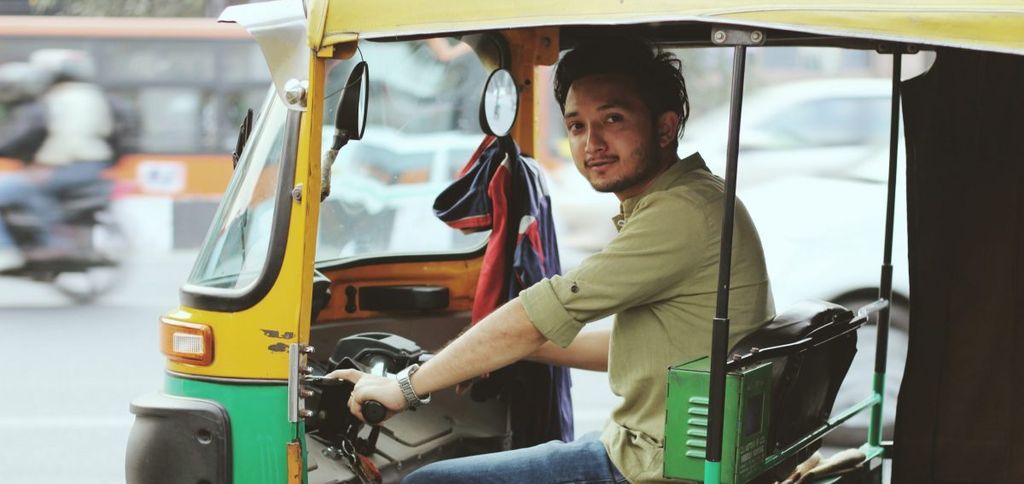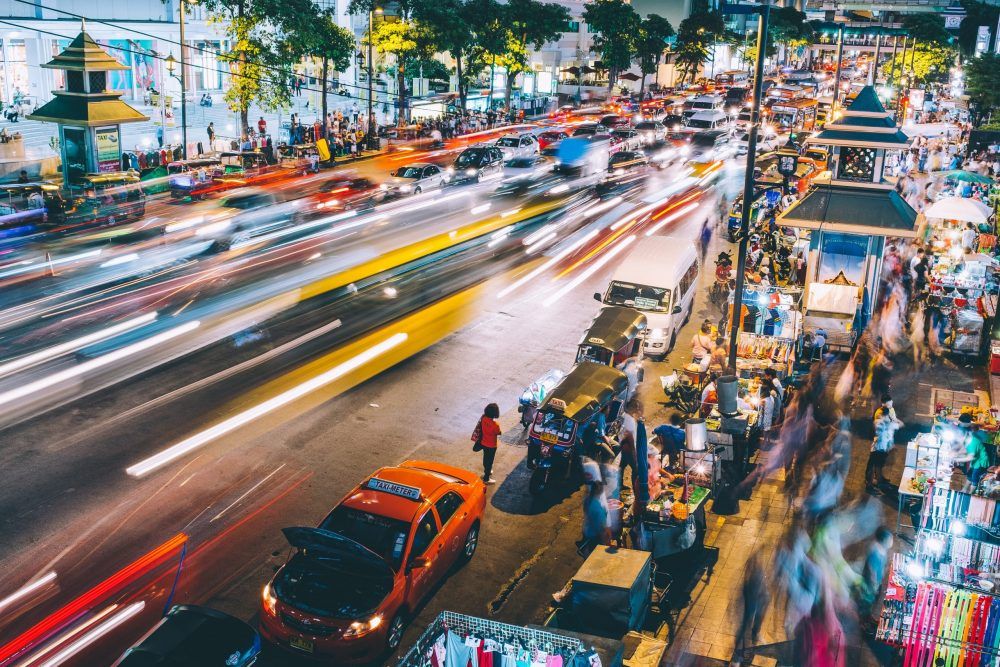
Informal Transport
A little background
In many parts of the developing world, informal and unregulated transport operations represent a significant (if not the only) mode of public transport available to many citizens. In fact, in both Latin America and Africa, informal transport carries an average of 50% of public transport trips.
And while providing vital services to large amounts of people – often in regions undergoing rapid growth – informal transport can also present a challenge to transport operators and decision makers to regulate and integrate these services. Furthermore, informal transport networks often go hand-in-hand with private car use – and thus pollution.
For informal transport, or paratransit, different local specificities and lack of infrastructure demand innovative thinking to meet customer needs and expectations and ensure quality, environmental, and safety requirements. As paratransit networks are rather adaptive and resilient, technology can enable great leaps forward when it comes to enhancing this type of transport.
What do we do?
In December 2023, UITP’s Policy Board and members named paratransit as a major mobility solution. It called for the integration of paratransit as part of any sustainable and integrated mobility planning approach in contexts where it is prevalent.
To achieve this vision, UITP looks at how we can reconcile the interests of operators, passengers, and employees and tackle informal transport by transforming services and enabling regulatory and structural reforms. Because, while posing certain challenges, informal transport is at the heart of urban mobility in large regions all across the world, making it an irreplaceable form of public transport.
Contact
UITP

UITP

Committee Chair

Gershwin FORTUNE
Managing Director, Gershwin Transportation
exclusive resources



